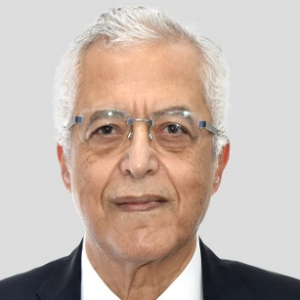High Throughput Screening
High Throughput Screening (HTS) is a powerful approach used in drug discovery and chemical biology to rapidly test large numbers of compounds or biomolecules for their biological activity. HTS enables the screening of thousands to millions of compounds against a specific biological target or assay in a relatively short period, allowing for the identification of potential drug candidates or lead compounds with desired pharmacological properties. HTS typically involves the automation of experimental procedures, using robotic systems and liquid handling devices to perform assays in microtiter plates containing thousands of individual wells. By miniaturizing assays and utilizing high-density formats, researchers can screen large compound libraries or biomolecule collections efficiently and cost-effectively. One of the key advantages of HTS is its ability to accelerate the drug discovery process by quickly identifying compounds with desired biological activities, such as enzyme inhibition, receptor binding, or cellular effects. HTS campaigns can be tailored to specific target classes or disease pathways, enabling researchers to screen diverse chemical libraries or focused compound collections to identify hits or lead compounds for further optimization. HTS assays can be based on various detection technologies, including fluorescence, luminescence, absorbance, and mass spectrometry, allowing for the measurement of diverse biological readouts. These assays can be designed to assess compound potency, selectivity, and mechanism of action, providing valuable insights into the biological effects of screened compounds.

Nagy Habib
Imperial College London, United Kingdom
Lucie Bacakova
Institute of Physiology of the Czech Academy of Sciences, Czech Republic



Title : AI-integrated high-throughput tissue-chip for space-based biomanufacturing applications
Kunal Mitra, Florida Tech, United States
Title : Stem cell technologies to integrate biodesign related tissue engineering within the frame of cell based regenerative medicine: towards the preventive therapeutic and rehabilitative resources and benefits
Sergey Suchkov, N.D. Zelinskii Institute for Organic Chemistry of the Russian Academy of Sciences, Russian Federation
Title : In vitro evaluation of lyophilized Dedifferentiated Fat cells (DFAT) impregnated artificial dermis
Kazutaka Soejima, Nihon University, School of Medicine, Japan
Title :
Nagy Habib, Imperial College London, United Kingdom
Title :
Alexander Seifalian, Nanotechnology & Regenerative Medicine Commercialisation Centre, United Kingdom
Title : The regenerative medicine of the future
Marco Polettini, DVM, Italy